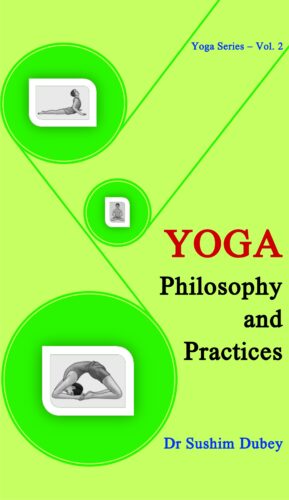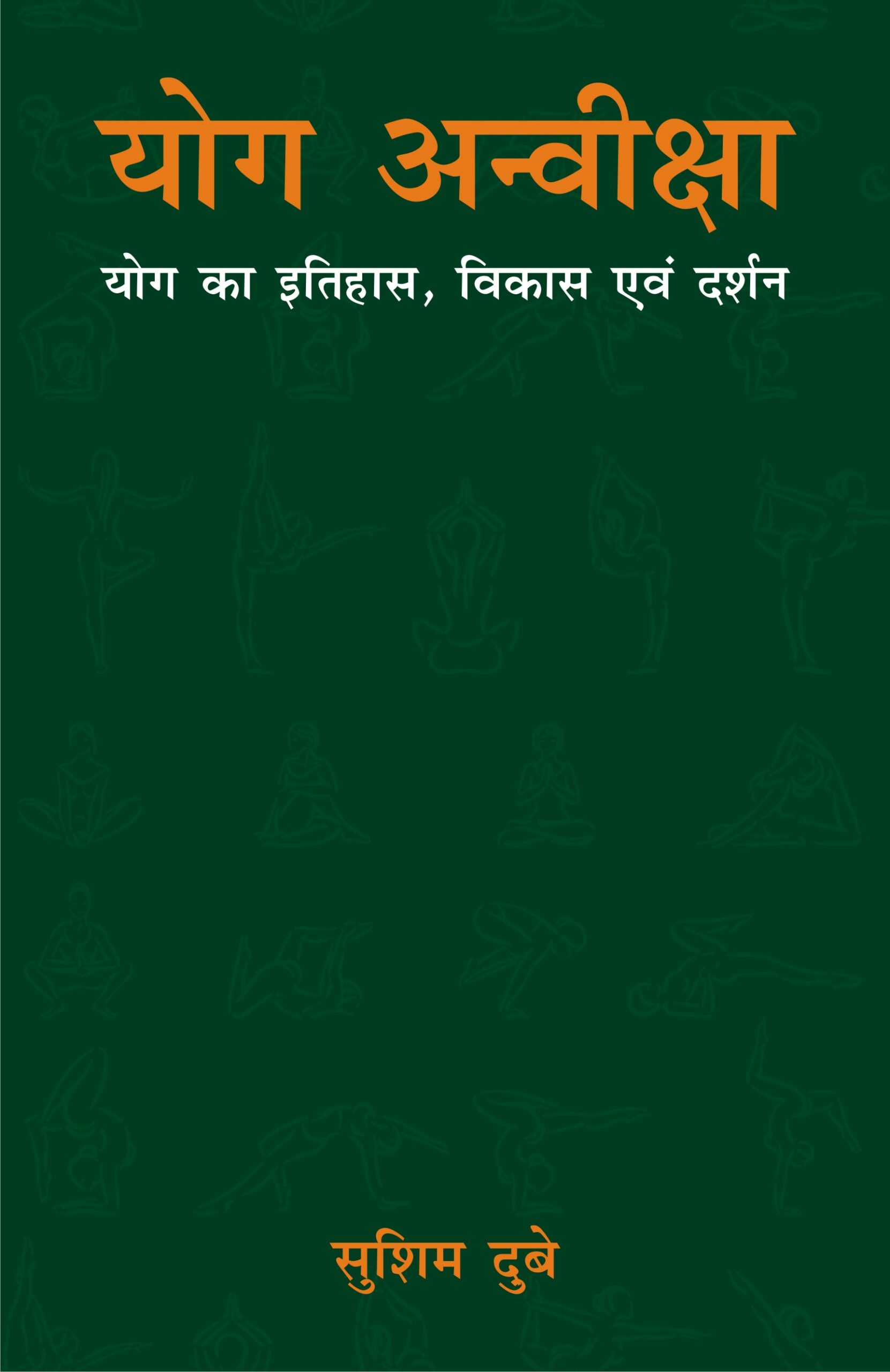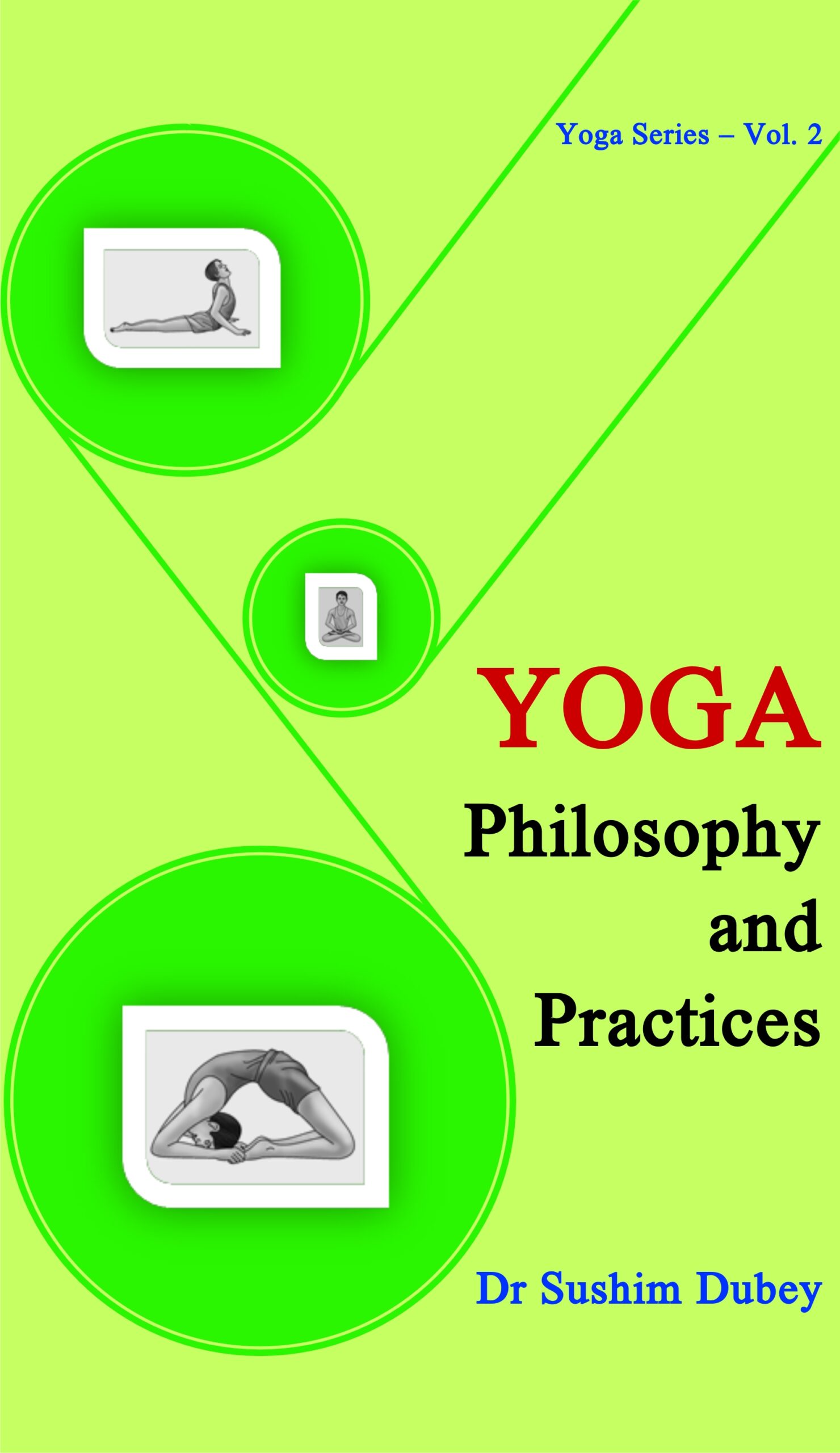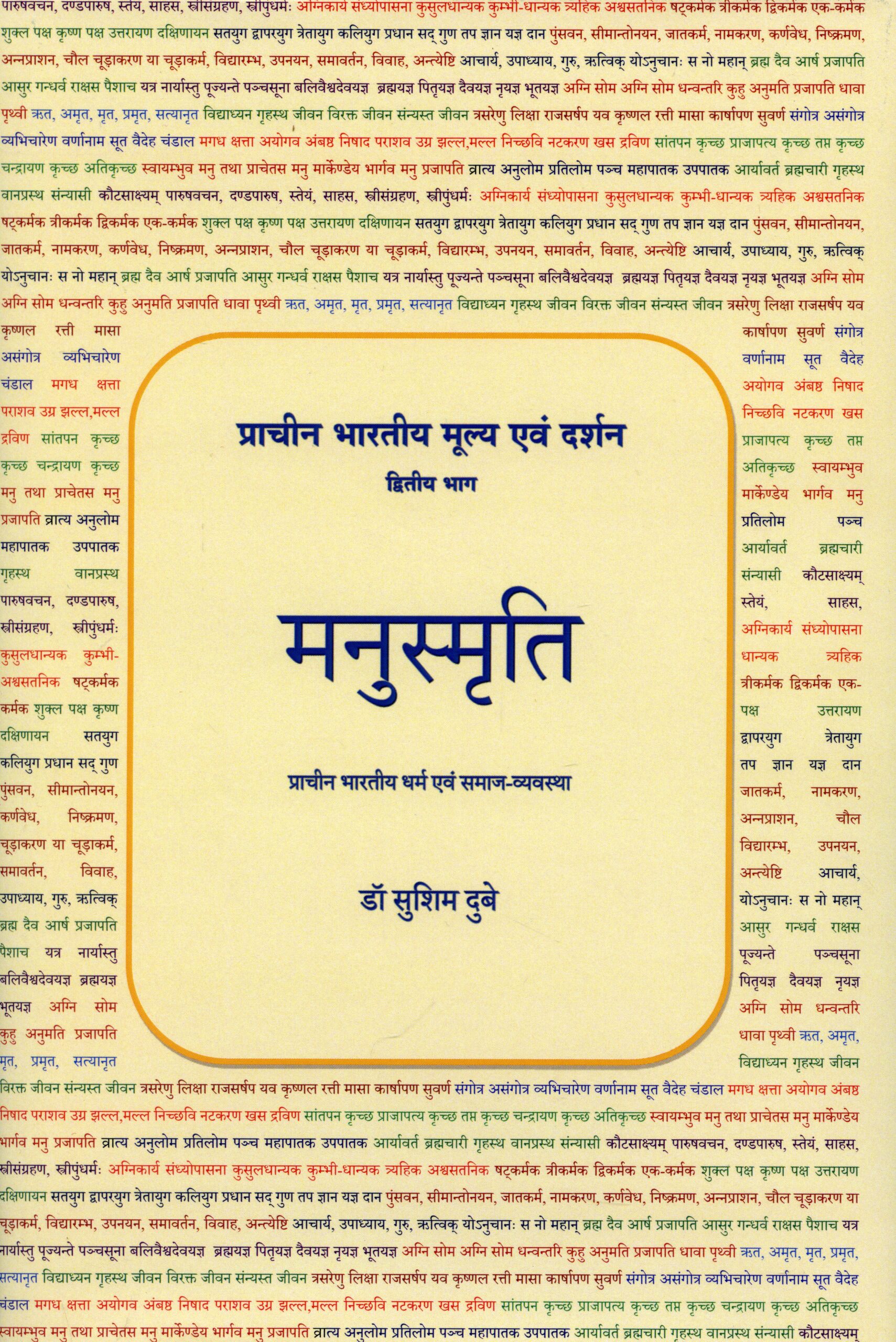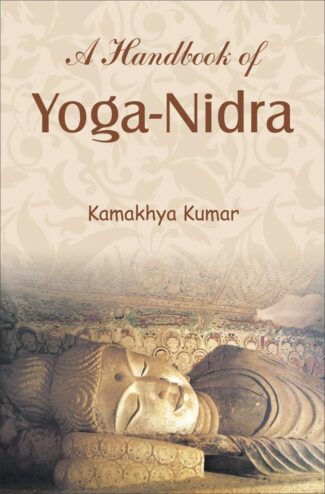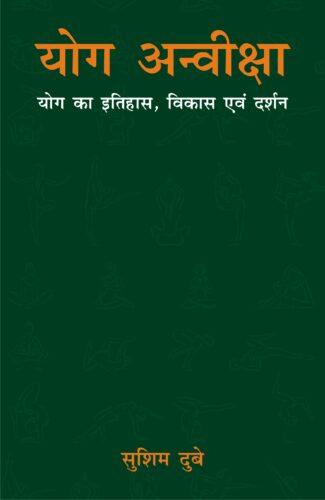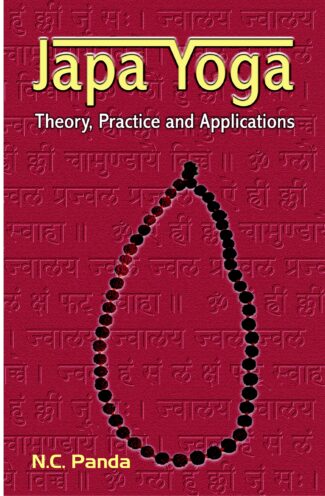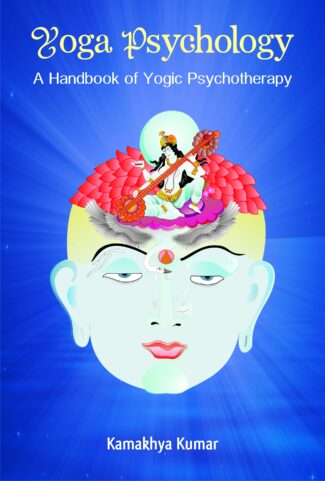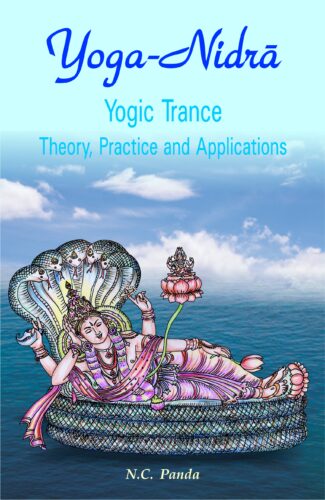

Yoga Philosophy and ...
Yoga Philosophy and Practices
by: Sushim DubeyIn the present time, yoga has attracted all kinds of professionals and got its alliance in almost all subjects. Study of yoga has been prominent in the curricula of Sanskrit studies, from which it evolved traditionally, but it has of late found relevance in other disciplines like Philosophy, Psycho-logy, Sociology, Music, Physical Education and Sports, Physiology, Medical Science, Bio-chemistry, Life Sciences, and Language and Literature. There are exclusive departments of yoga in various universities. The present book helps to address the yoga needs of people from all walks of life and presents the Yogic view from its origin and development to the needs of a modern, technocratic society.
With the observance of Yogic practices, the Indian spiritual gurus kept their body healthy and tuned, and elevated their mind to higher realms, which were essential requirements for their spiritual growth, for happiness and harmony in life. This ancient science found easy acceptance in foreign countries too. With the UNESCO coming into picture, yoga shot into limelight around the world. Apart from spirituality, other reasons for the revival of yoga as a lifestyle were its simple, light exercises which rejuvenate the mind and body, its no-harmful effects, and its power to inculcate superior values in life. Yoga has an edge over other health exercises like aerobics and weight lifting. Fitness of body and mind, work performance, psycho-physical balance and the overall well-being are easily attainable through the regular practice of yoga. The present book will be useful to a common reader and a seeker of yoga alike in knowing about its philosophy and will help them practise it in a simple, lucid way.
Original price was: ₹1,000.00.₹900.00Current price is: ₹900.00.
ISBN: 9788124610398
Year Of Publication: 2020
Edition: 1st
Pages : x, 194
Language : English
Binding : Hardcover
Publisher: D.K. Printworld Pvt. Ltd.
Size: 23
Weight: 568
In the present time, yoga has attracted all kinds of professionals and got its alliance in almost all subjects. Study of yoga has been prominent in the curricula of Sanskrit studies, from which it evolved traditionally, but it has of late found relevance in other disciplines like Philosophy, Psycho-logy, Sociology, Music, Physical Education and Sports, Physiology, Medical Science, Bio-chemistry, Life Sciences, and Language and Literature. There are exclusive departments of yoga in various universities. The present book helps to address the yoga needs of people from all walks of life and presents the Yogic view from its origin and development to the needs of a modern, technocratic society.
With the observance of Yogic practices, the Indian spiritual gurus kept their body healthy and tuned, and elevated their mind to higher realms, which were essential requirements for their spiritual growth, for happiness and harmony in life. This ancient science found easy acceptance in foreign countries too. With the UNESCO coming into picture, yoga shot into limelight around the world. Apart from spirituality, other reasons for the revival of yoga as a lifestyle were its simple, light exercises which rejuvenate the mind and body, its no-harmful effects, and its power to inculcate superior values in life. Yoga has an edge over other health exercises like aerobics and weight lifting. Fitness of body and mind, work performance, psycho-physical balance and the overall well-being are easily attainable through the regular practice of yoga. The present book will be useful to a common reader and a seeker of yoga alike in knowing about its philosophy and will help them practise it in a simple, lucid way.
““Acknowledgement
Introduction
I Yoga: Rejuvenation and Need of Time
1.1 Yoga: Ancient Indian Philosophy to Practical Life of
Common Man
1.2 Yoga Philosophy: As Global Value for Peace and Harmony
II Modern Thinkers and Yoga
2.1 Lokmanys Bal Gangadhar Tilak: Yoga Philosophy
2.2 Gandhi ji: Yoga and Yoga Philosophy
III Yoga Education
3.1 Yoga: As ‘Holistic approach’ to Life in our Education
System
3.2 Yoga: Education, Research and Practice in Indian
Universities
IV Yoga Therapy: I
4.1 Yogic Therapy and Holistic Way of Life as described in
‘Yogopaniṣads’ and Taittirīyopaniṣad
4.2 Yogic Therapy and Holistic Way of Life as described in
Śrīmad-Bhagavadgītā & Yoga-vāsiṣṭha
Yoga Series – 2
V Yoga Therapy: II
5.1 Yoga , Āsana, Prāṇamaya & Therapy in Techno-society
5.2 Yogic Kriyās (Ṣaṭkarma)
VI Philosophy, Indian Values System
6.1 Understanding Consciousness in Indian Philosophical
Traditions
6.2 Indian Theory of Values: Puruṣārtha
VII Appendices
7.1 Standard references of Yogic Practices from Original
Sanskrit Texts
7.2 Yogic Āsana in Yoga Literature/Traditions
7.3 Prāṇāyāma, Kriyā, Mudrā and Bandha
7.4 List of Original Sanskrit Texts of Yoga
“


